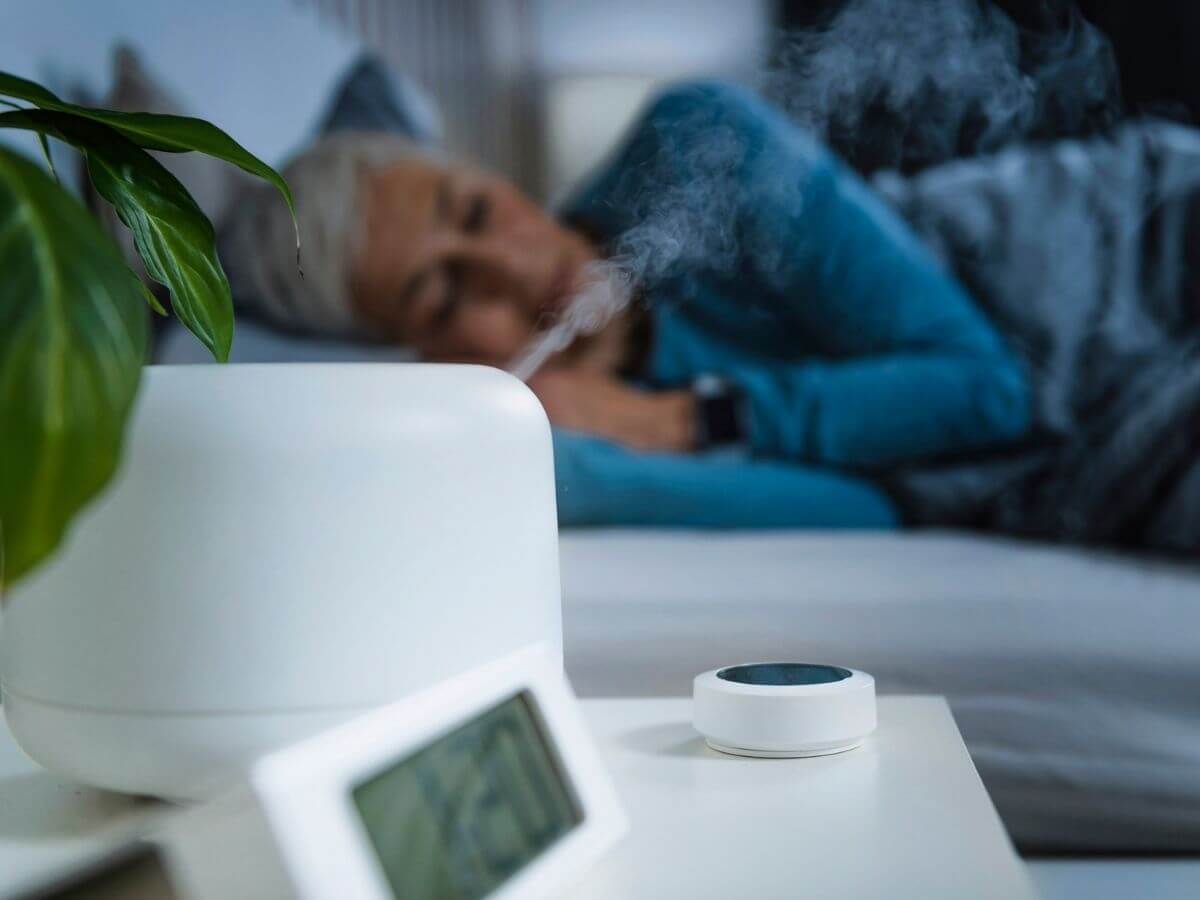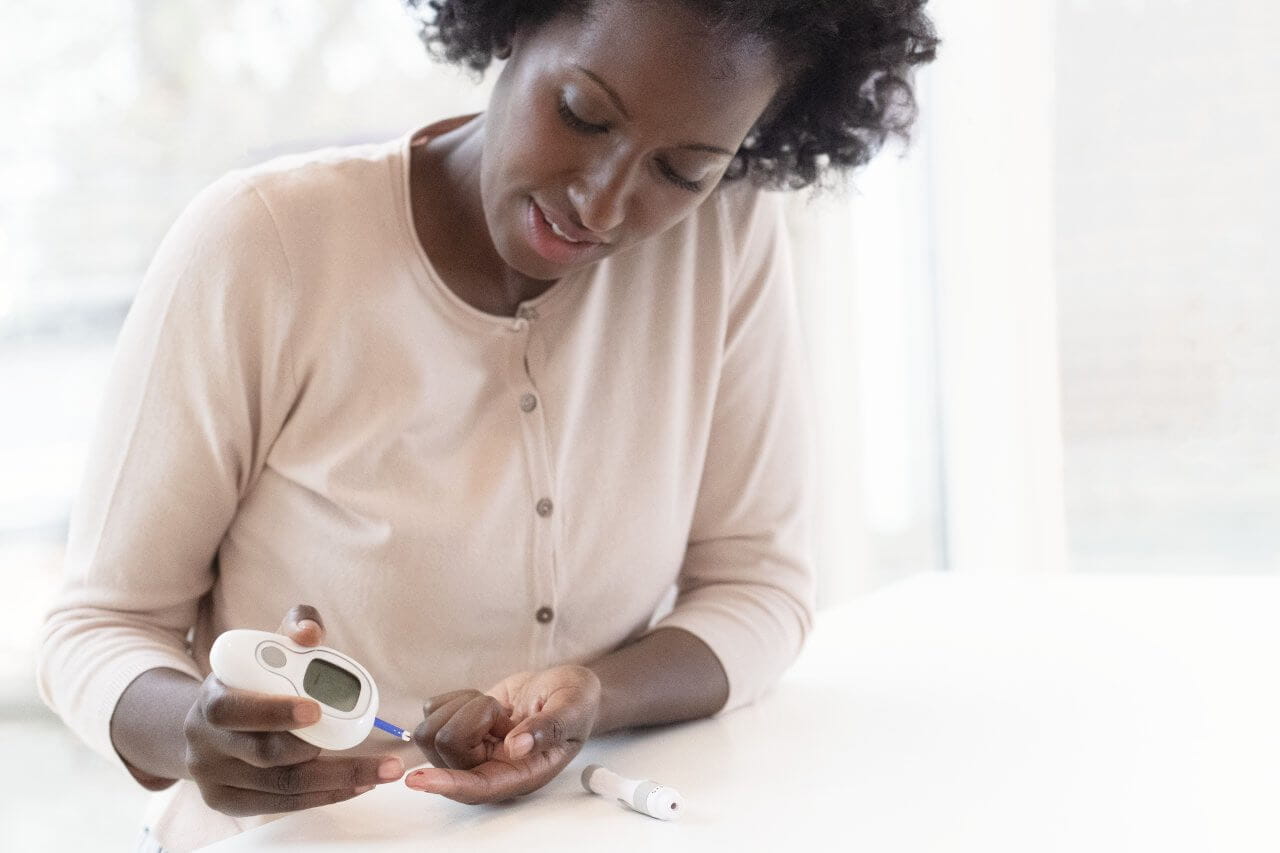Are Dry Nasal Passages a Symptom of COVID-19?

COVID-19 can cause a wide variety of symptoms, from respiratory problems to digestive issues like diarrhea and vomiting. The most common signs are cough, fatigue, and fever or chills.
Some people also experience dryness in their noses. This condition occurs when your body doesn’t produce enough mucus in your sinuses to keep your nasal passages lubricated.
COVID-19 can cause this problem by interfering with an enzyme called angiotensin-converting hormone 2 (ACE2). This enzyme is in different types of cells including goblet cells that produce mucus.
However, if you have dry nasal passages but no other COVID-19 symptoms, the dryness probably isn’t an indicator of the illness.
A “Strange Sensation” in the Nose
Research indicates that some people who contract COVID-19 report a “strange sensation” in their nose or noticeable nasal dryness. These symptoms commonly occur with the diminishing or complete loss of the senses of smell and taste, and they tend to appear before other COVID-19 symptoms.
There also seems to be a slightly elevated risk of developing nosebleeds for people who have COVID-19. This may be caused or worsened by taking a decongestant to help alleviate nasal congestion.
In addition, COVID-19 may cause dryness and soreness in the throat.
Does Nasal Dryness Continue After COVID-19?
Some symptoms of COVID-19 can persist after you’ve recovered from the illness in what’s called long-haul COVID-19 or simply long COVID. However, nasal dryness doesn’t appear to be one of them.
Getting Vaccinated is the Best Protection
Getting the COVID-19 vaccine is the best way to prevent COVID-19 infection and end the pandemic. The vaccine cannot give you COVID-19, but it can help protect you from serious illness. Learn more about the COVID-19 vaccine and make a first, third, or booster vaccination appointment at a location near you.
Other Causes of Nasal Dryness
Besides COVID-19, several other conditions can cause drying of the nasal membranes, including:
- Seasonal allergies
- Using decongestants (as noted above)
- Dehydration
- Wearing a mask (N95 respirators, in particular) for an extended period
- Ongoing exposure to dry air
- Other respiratory infections
If you experience uncomfortable nasal dryness, you may be able to address some of these causes to get relief — for example, drinking more water, using a humidifier, etc.
You might also try carefully inhaling steam from a bowl of hot water, taking a hot shower or bath, or spending time in a sauna (as long as you aren’t putting others at risk of infection). In addition, saline nasal sprays, and nasal irrigation devices like a bulb syringe or neti pot can be used as directed to keep the nasal passages lubricated.
If your nose is consistently uncomfortably dry, you should contact your doctor. They can talk with you about potential causes and treatments.
Isolate if You Think or Know That You Have COVID-19
COVID-19 is highly contagious in general, with more-recently discovered variants like Omicron even more contagious than the original strain. If you think you have COVID-19, or have tested positive for it, you should isolate yourself from others for at least 10 days from the onset of symptoms.
If you experience trouble breathing, confusion, inability to wake up or stay awake, or blue or gray color in your fingernails, skin, or lips, you should seek prompt medical attention for these serious COVID-19 symptoms.
For non-emergency questions or concerns about nasal dryness and COVID-19, contact your Baptist Health physician. You can find a provider near you in our online provider directory if you don’t yet have one.
Next Steps and Useful Resources
Get Care Online
Schedule a COVID-19 Test
What Is COVID Toe?
Sinus Infection or COVID-19? How to Tell the Difference.



